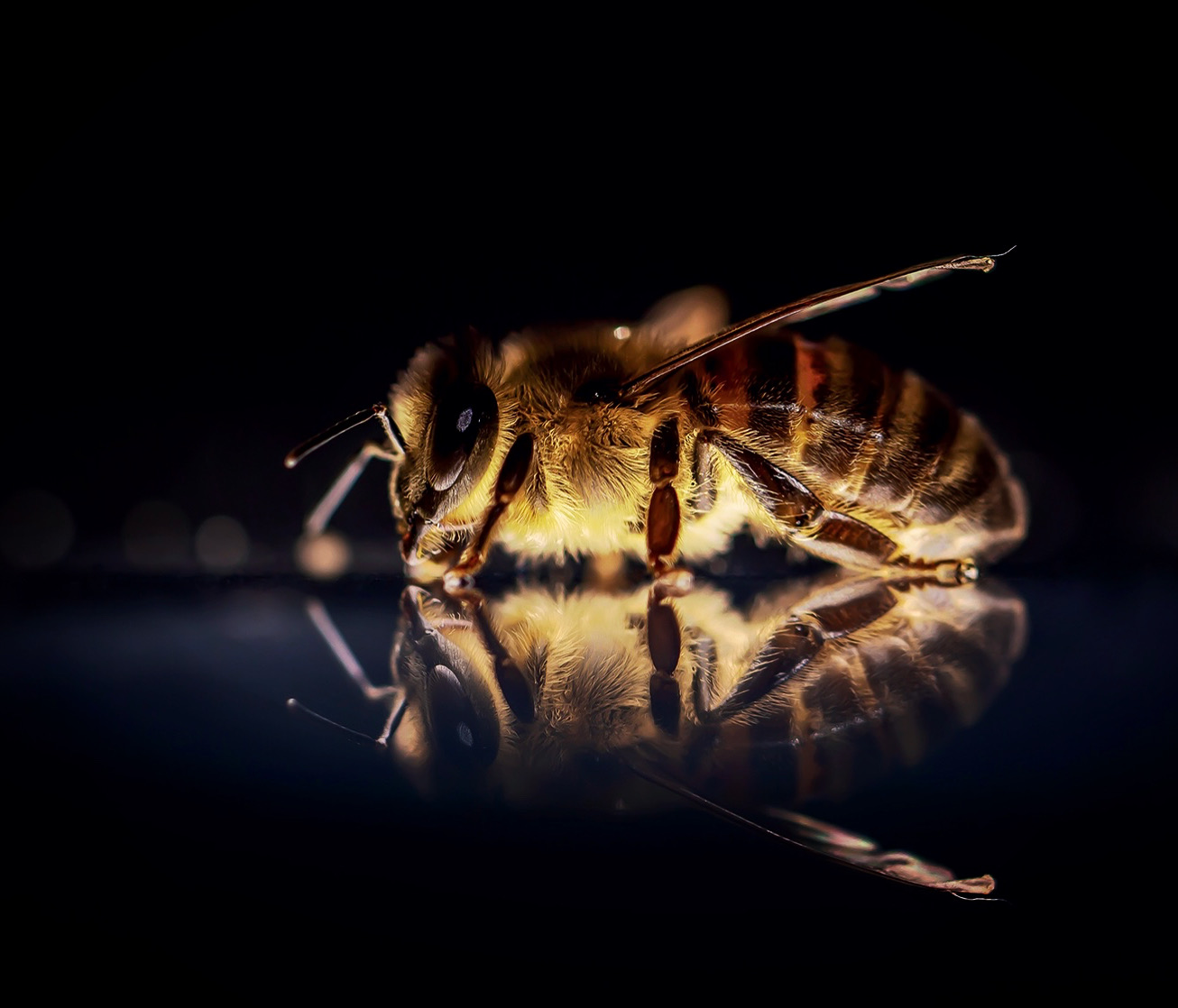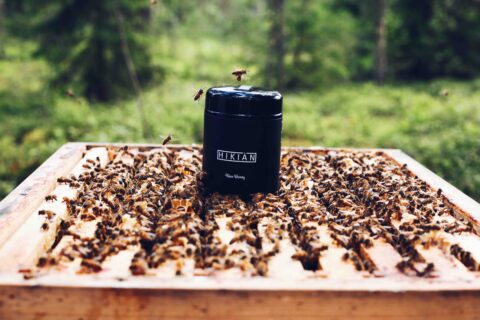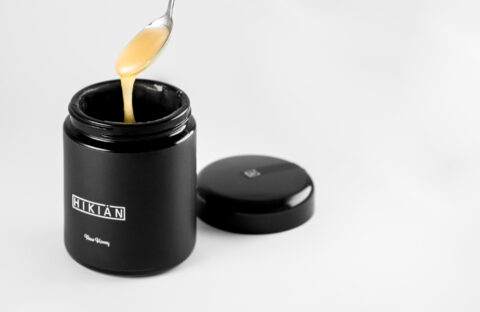There are a number of urban myths out there which purport that if bees died out, we would all starve. This is not specifically true, but like so many things in life, there are degrees of truth in even the wildest of myths. The truth is that bees are critical to the current food chain that mankind has adopted.
It was during the Neolithic period, roughly 8,000–3,000 years BC that man began to retain seeds and purposefully cultivate the land to grow crops. This would guarantee a greater supply of food, which, in turn allowed populations to flourish.
Little, at the time, was understood about pollination, so the work of bees went relatively unnoticed and this remained the case right up to 1750, when Joseph Gottleib Kolreuter was the first to scientifically state that insects were necessary for the successful pollination of flowers. The bee’s secret was out!
Beyond this, bees incessant search for nectar in order to make honey led them to take pole position in the ranks of insects which pollinated the most flowers. Thus, it is fair to say that bees play an extremely important role in the production of food.
Now here’s a fun lesson in arithmetic for you. A honeybee, one of 25,000 species of bees, usually visits between 50 and 1,000 flowers in one trip. If that bee makes ten trips a day, a colony of 25,000 bees can pollinate 250 million flowers in a day!
However, if you look at our diet, we do not need for the production of fish or meat, and we do not need bees for the production of cereals. In fact, there is a great deal of food that does not require apian intervention. The problem lies in the volume of food we eat, particularly in the Western world. Beyond this, the clearly established information that fruit and vegetables are good for our health has led to a surge in demand for crops that rely heavily on bees to pollinate the respective flowers.
Crops as diverse as apples, cranberries, melons and broccoli require pollination. Certain crops, such as blueberries and cherries, are 90-percent dependent on honeybee pollination, while one particular crop, almonds, depends entirely on the honeybee for pollination at bloom time. It is a staggering fact that in California alone where there are nearly one million acres of almond groves, there is a massive industry involving transported colonies of bees that are delivered to almond farms for pollination, then removed and transported to another farm. It is estimated that there is a need for 1,8 million colonies of honeybees for the almond sector of the agriculture industry alone.
According to the United Nations, bees are responsible for the production of 35 % of the food we eat, and insects in general are responsible for the pollination of 75% of the plants, shrubs and trees we harvest food from. This is worth noting right now as it is World Food Day on the 16th of October.
Of course, it would be shortsighted if you concentrated solely on the effect a loss of bees would have on food produced for humans. Bees are part of a very delicate ecosystem upon which all animals live a precarious life. Without bees, the natural habitat and Earth’s landscape would change, and many animals would fail to survive. Birds, in particular, are heavily dependent on the work bees do, as well as the bees themselves.
There only remains one question. Which came first, the flower or the bee!?







